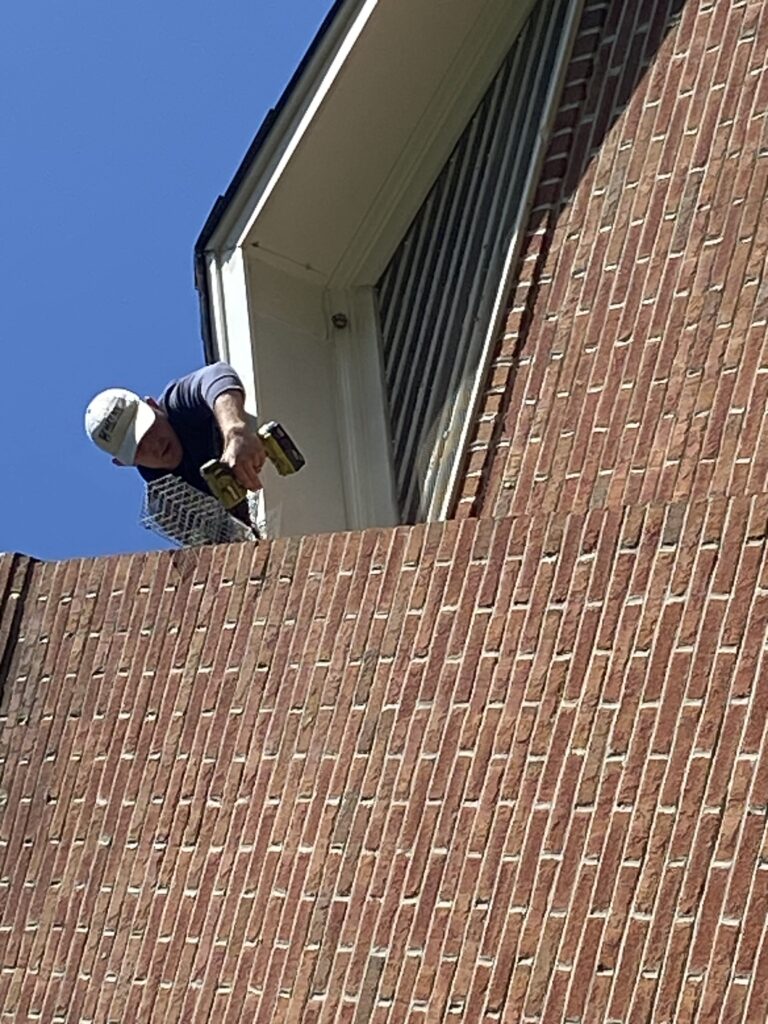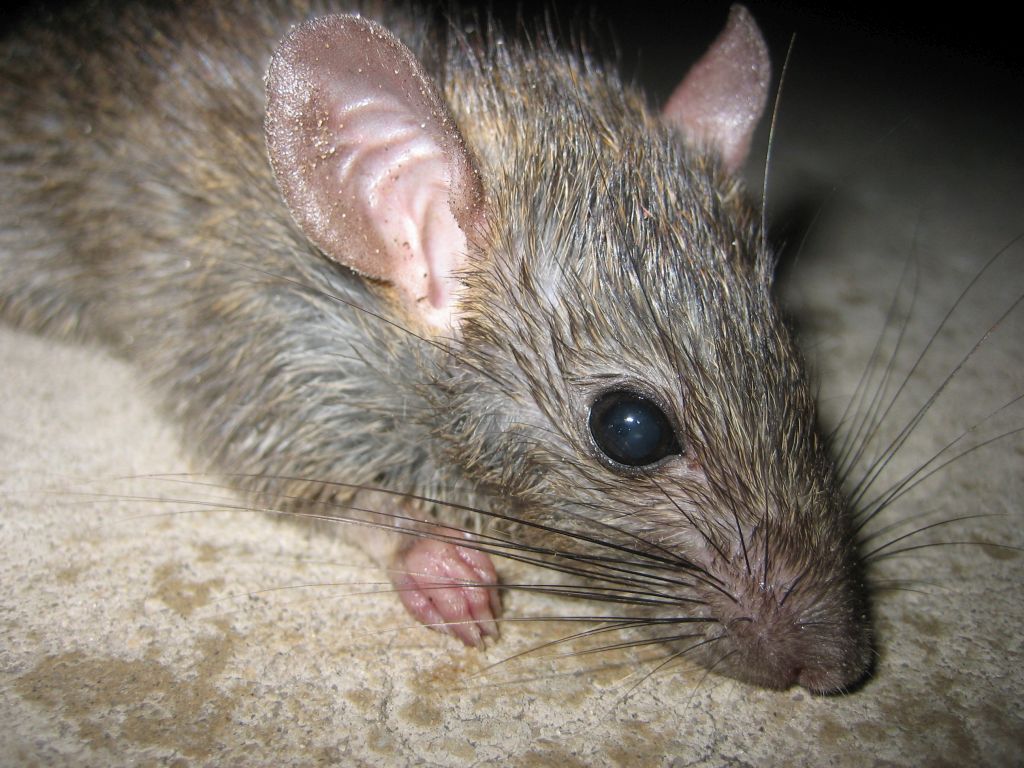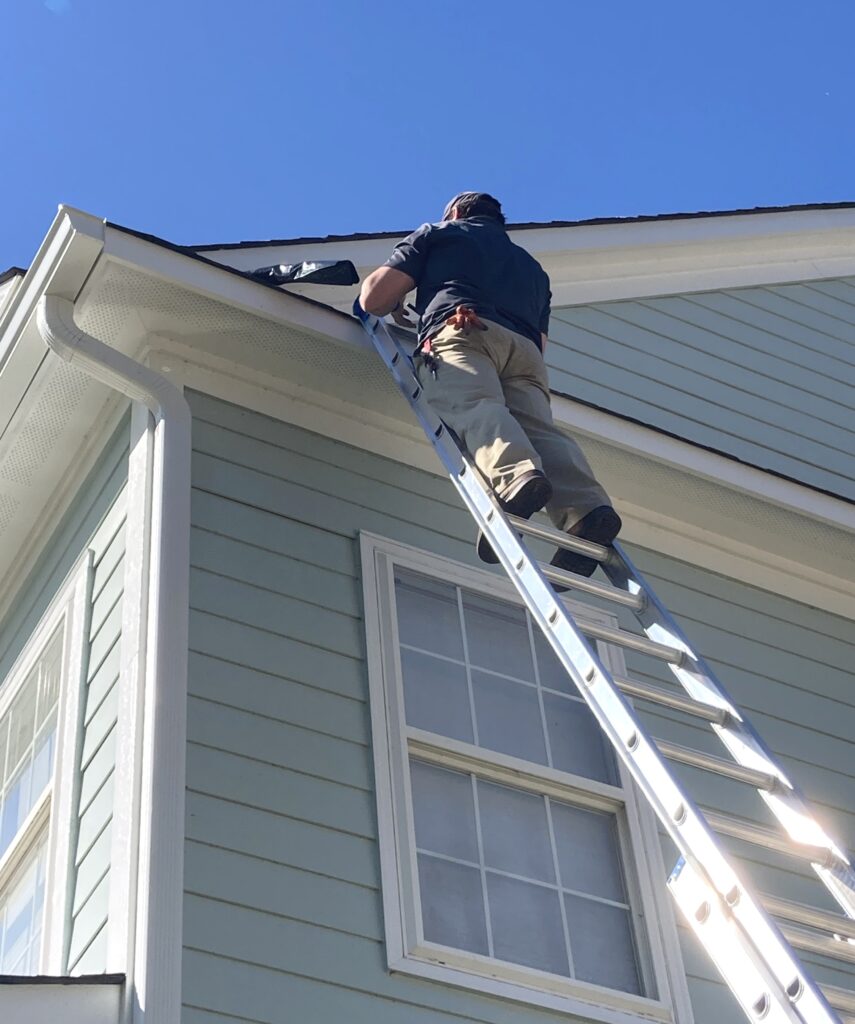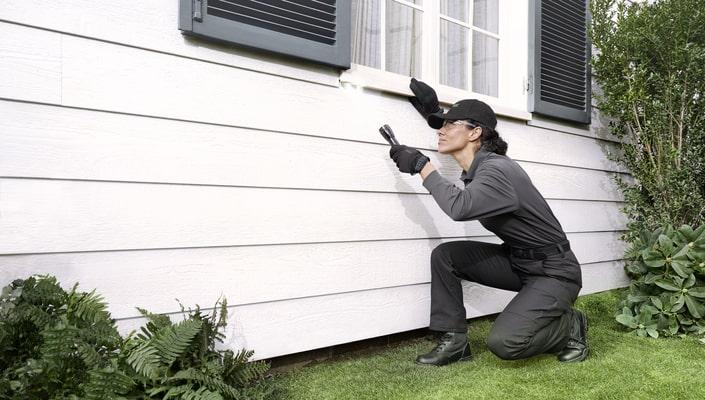Charleston’s Battle Against Rats: Prevention and Removal Tactics
Introduction
In the picturesque city of Charleston, SC, residents enjoy the charm and history that the area is known for. However, they also face a less welcome reality – the challenge of dealing with rats. These unwelcome visitors not only pose a nuisance but also carry potential health risks, making it imperative to address infestations swiftly. This article delves into effective strategies for rat prevention and removal, aiming to help Charlestonians reclaim their homes from these pesky intruders.

Understanding the Enemy: The Rats of Charleston
Charleston is primarily confronted by two types of rats: the Norway rat and the Roof rat. Norway rats, burrowers by nature, are often found in basements and lower levels of buildings, while Roof rats prefer higher grounds like attics. Understanding their behavior is key; rats seek food, water, and shelter, which homes readily provide, especially during colder months. For more detailed insights into rat behavior and identification, the South Carolina Department of Natural Resources (SCDNR) offers comprehensive resources. Visit SCDNR’s official website for more information.
Prevention: Your First Line of Defense
Preventing rat infestations is far more manageable and cost-effective than dealing with an established one. Here are some preventive measures:
- Secure food sources: Store food in airtight containers and dispose of garbage properly.
- Seal entry points: Rats can squeeze through small gaps. Seal holes and cracks in your home’s exterior.
- Regular maintenance: Conduct periodic inspections of your home for signs of rats and potential entry points.
Health Risks and Safety Measures
Rat infestations can lead to significant health risks. According to the Centers for Disease Control and Prevention (CDC), rats can spread diseases such as Hantavirus, Leptospirosis, and Salmonellosis. To understand the health implications and preventive measures, consult the CDC’s health information on rats.
Professional Removal Tactics
For significant infestations, professional pest control services offer the most effective solution. Professionals can provide a thorough assessment, identify the extent of the problem, and employ humane and efficient methods to eliminate rats. When DIY methods are not sufficient, it’s crucial to seek professional assistance. For expert rat removal services in Charleston, consider Metro Wildlife and Pest Control. They offer specialized rat removal services tailored to Charleston’s unique needs. Learn more about their approach at Metro Wildlife and Pest Control’s Rat Removal Services.

After the Battle: Ensuring Rats Don’t Return
Once rats are removed, taking steps to prevent their return is essential. Cleaning and disinfecting areas where rats were present helps eliminate lingering smells that might attract new rats. Implementing long-term preventive measures, such as regular inspections and maintaining a clean environment, is key to keeping your home rat-free.
Conclusion
Dealing with rats in Charleston requires a combination of prevention, professional assistance, and diligence. By understanding rat behavior, taking proactive measures, and seeking help when needed, Charleston residents can effectively manage rat infestations and protect their homes and health.
FAQs
- What are the health risks associated with rat infestations? Rat infestations can lead to the spread of diseases such as Hantavirus, Leptospirosis, and Salmonellosis. Their droppings and urine can also worsen allergies and asthma.
- How can I tell if I have a rat problem? Signs include droppings, gnaw marks, nesting materials, and unusual noises at night.
- Are there any eco-friendly rat removal methods? Yes, methods such as snap traps, live traps, and natural repellents can be effective and eco-friendly options.
- How often should I inspect my home for signs of rats? Regular inspections, at least bi-monthly (we recommend monthly), can help detect early signs of an infestation, especially before and after the colder months.







